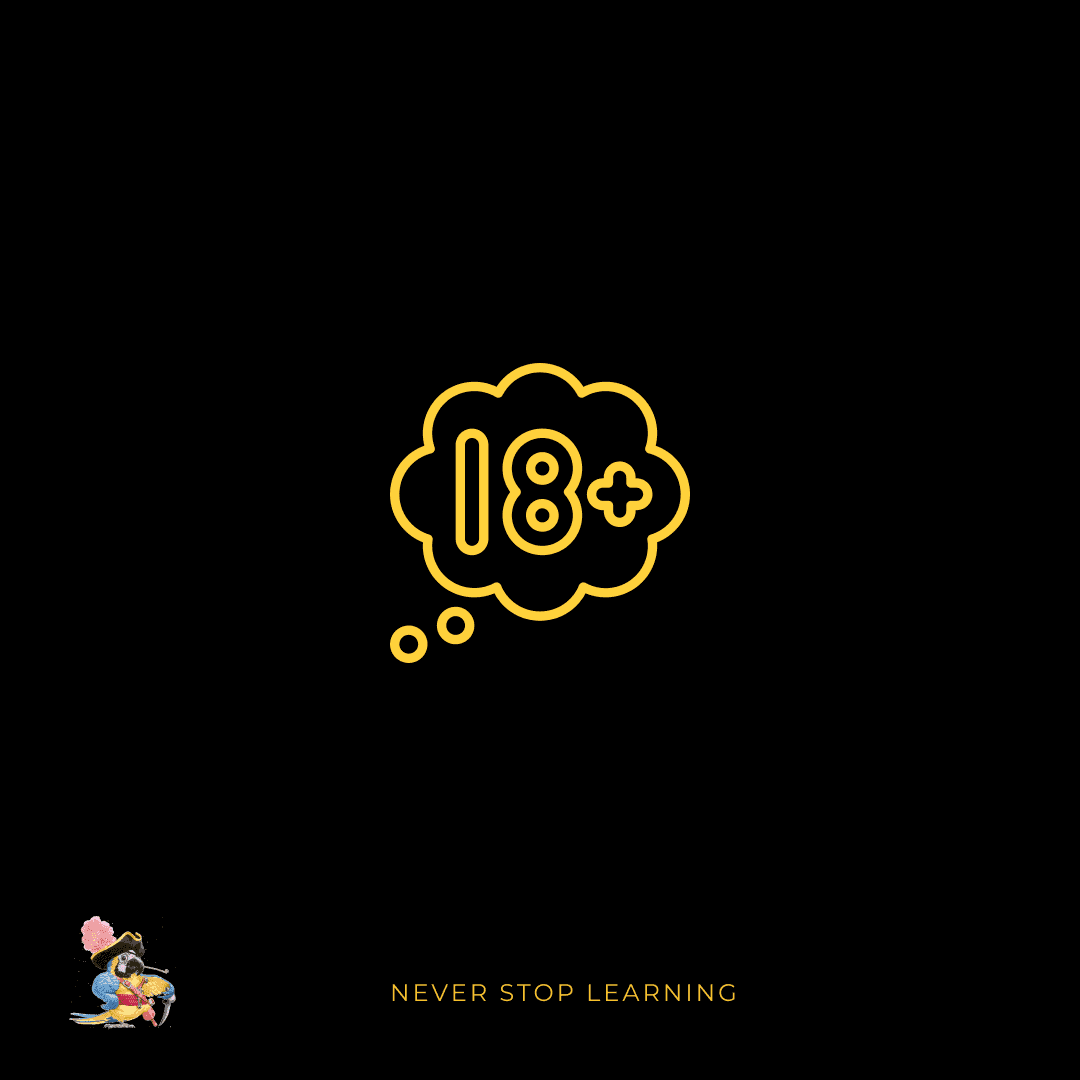I mostly learned how to play 3 card brag in the refectory.
Academically I only remember two things I learned.
One was what my marketing lecturer told me about my imagination when she asked us to do a marketing campaign brief for any business we liked.
She said the creativity I had for the campaign was worth an A but I hadn’t structured it correctly in a format that would make sense to the client.
So I got a C.
All I’d done was written a story.
She did however say that a job in advertising might work for me because I had the right kind of creative spark.
Secondly I remembered what a lecturer told me about getting a job.
He said that he was confident every time he got an interview he’d get the job.
He told us that he’d aced every interview he went for.
Why?
Because he always prepped for the interview like he was doing a marketing campaign.
But the main thing he said was that the first part of his campaign was his CV.
His words were that without the CV being right you have no chance of getting the job.
The CV he said was the key to completing your campaign.
He then went on to explain everything about the structure and format the CV should be in.
The first time I sent a CV was about 2 years before when I left school.
I tried to get a job in a massive local car firm.
I failed to get to the interview stage.
The next time I wrote a CV was when I was 18 and I dropped out of college in disgrace and needed to get a job to placate angry parents.
I remembered what I’d learned at college.
I did my own mini marketing campaign, selling me, starting from my CV. I got the first job I applied for.
I’ve been learning ever since.
Since then I have had a career in digital marketing, analytics and travel. You don’t have to be brilliant to get a job.
You just have to never stop learning.
Sign up to the Conversion Chronicles
Every sign up receives a copy of The Sucking Manifesto and I send a weekly insight about how you can start using data in your organisation.
